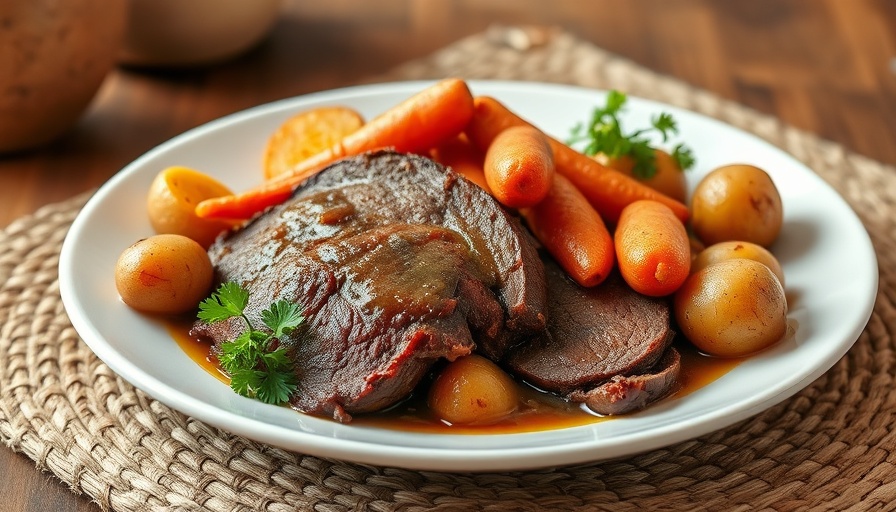
Are Vegetable Oils Toxic? Debunking Common Myths
The debate surrounding seed oils, especially vegetable oils like canola and corn oil, has ignited discussions across social media platforms and health circles. Some assert that these oils are akin to 'toxic sludge', driving chronic diseases while promoting the use of traditional animal fats. Others counter that this viewpoint is overly simplistic and overlooks the nutritional benefits that some vegetable oils can provide.
Understanding Vegetable Oils: Origins and Processing
Vegetable oils, often referred to as seed oils, originate from seeds of various plants. Common types include canola, corn, safflower, and soybean oils. Unlike oils derived from fatty fruits, such as olive or avocado oil, vegetable oils are extracted from plants with lower natural fat content. This extraction process typically involves multiple steps, including crushing, refining, and deodorizing, which unfortunately diminishes some beneficial nutrients during production.
Olive Oil vs. Seed Oils: Nutritional Benefits
In evaluating the health implications of different oils, many experts advocate for olive oil as a more nutritious option. Extra virgin olive oil, rich in monounsaturated fats and antioxidants, has been recognized for its heart-health benefits. Comparatively, the high heat processing of vegetable oils can lead to the formation of unhealthy trans fats and the loss of vital nutrients. As a medical professional, understanding these differences can be crucial when advising patients about dietary suggestions.
The Trend Towards Whole Foods: A Healthier Approach
The growing interest in plant-based diets and whole foods encourages individuals to pay more attention to the source of their fats. Instead of reaching for processed oils, consider focusing on whole food sources of fat, like avocados, nuts, and seeds. These provide not only better nutritional profiles but can also enhance the flavors of meals without the drawbacks associated with heavily processed oils.
Practical Recommendations for Using Cooking Oils
When selecting oils for cooking or baking, consider the method of preparation. For high-heat methods like frying, oils with higher smoke points, such as avocado oil or refined olive oil, can be more suitable. On the other hand, for salad dressings or drizzling over dishes, extra virgin olive oil stands out as a flavorful, nutritious choice. Understanding these applications helps mitigate potential health risks while maximizing the benefits of dietary fats.
Conclusion: Making Informed Choices About Oils
As the conversation around the health impacts of seed oils and their alternatives continues to evolve, it is essential to stay informed and make choices grounded in science rather than sensationalism. Educating patients on the rich benefits of oils like olive oil versus the potential risks associated with heavily processed oils could empower healthier eating habits and improve overall wellness. Embrace this knowledge not just for yourself, but to foster healthy communities around diet and nutrition.
 Add Row
Add Row  Add
Add 




 Add Row
Add Row  Add
Add 

Write A Comment